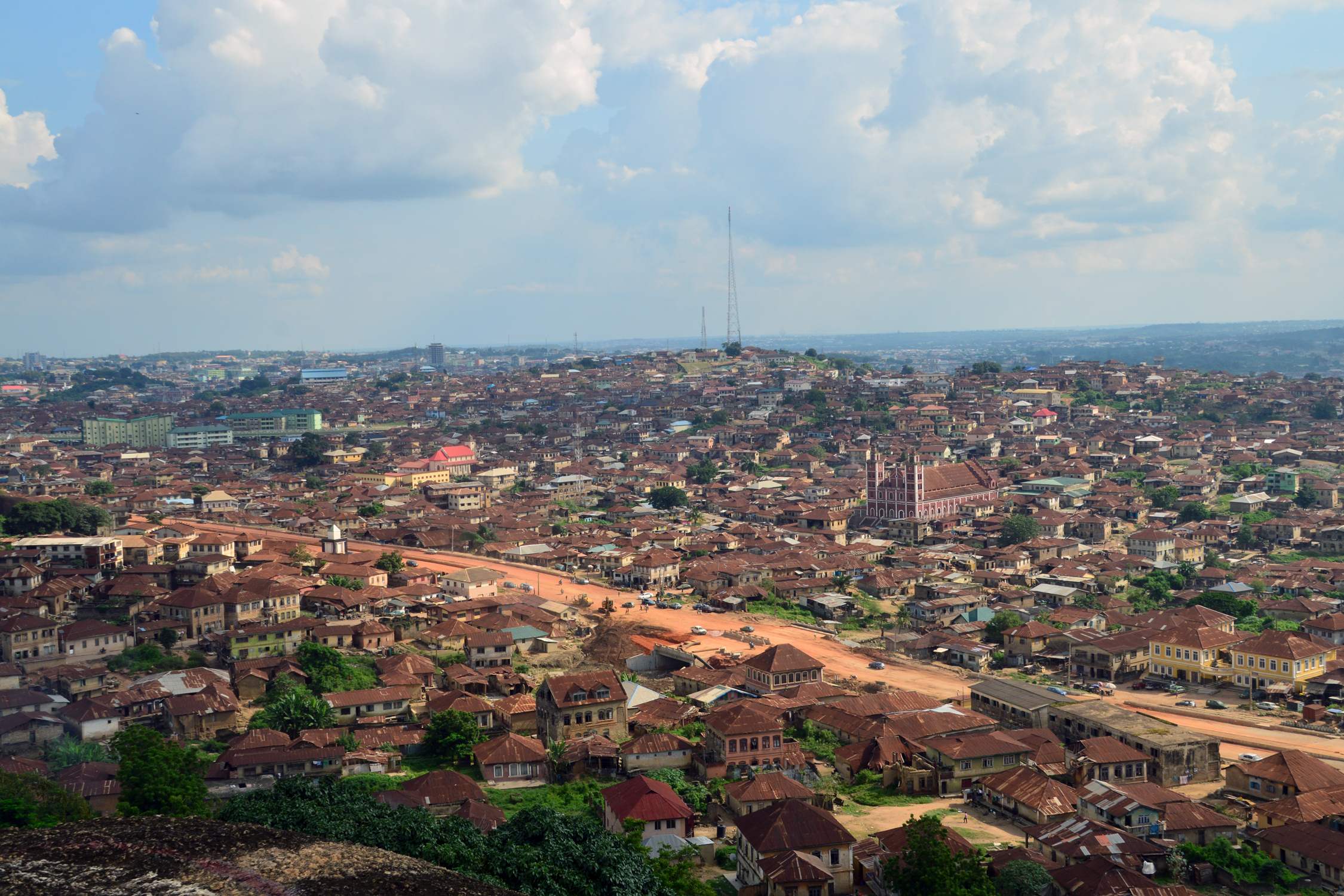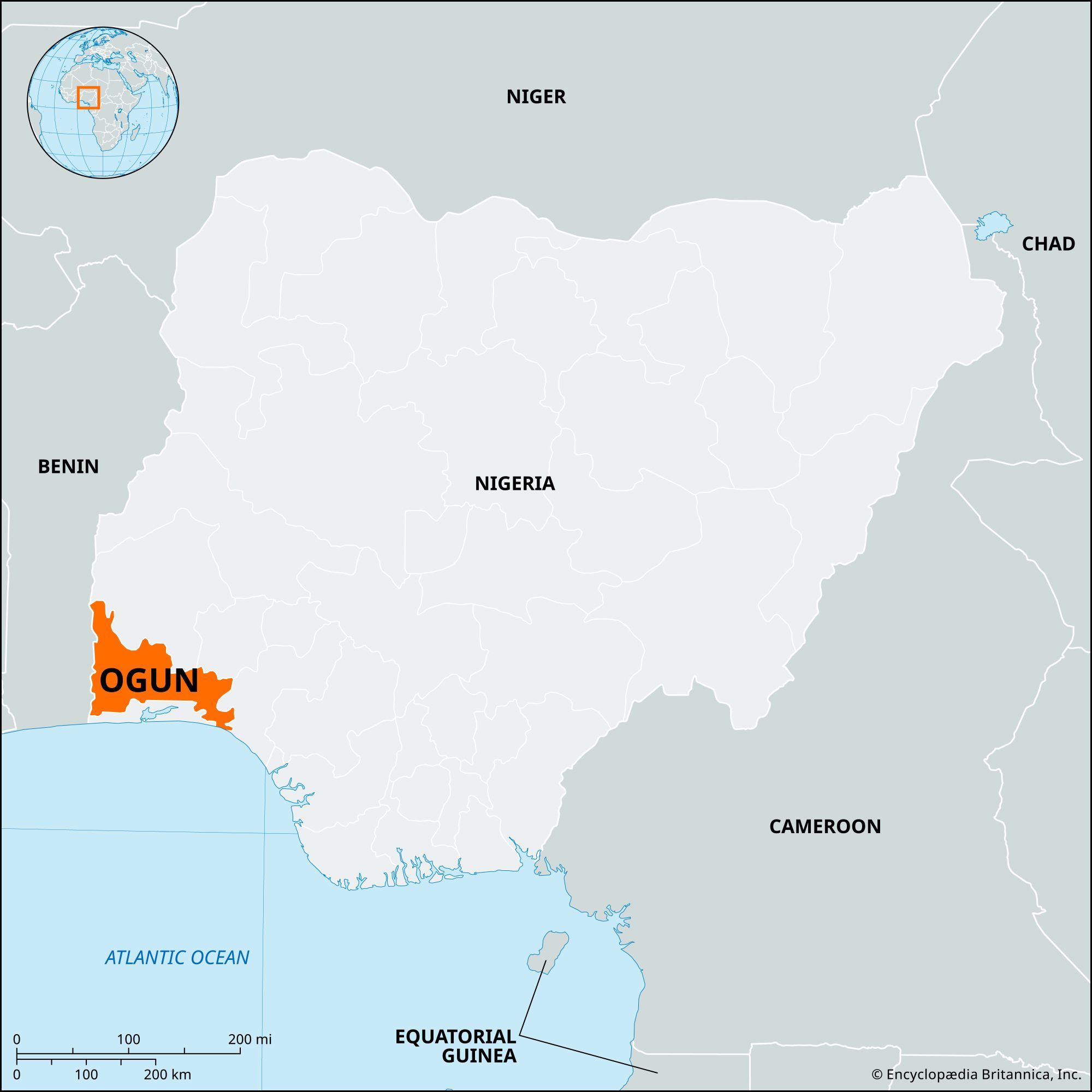Ogun State
States Jan 04, 2025

Table of Contents
Introduction to Ogun State, Nigeria
Ogun State, located in the southwestern region of Nigeria, is known for its rich historical heritage, vibrant culture, and economic significance. Created on February 3, 1976, the state is named after the Ogun River, which traverses its landscape. It is bordered by Lagos State to the south, Oyo and Osun States to the north, Ondo State to the east, and the Republic of Benin to the west.
The Origins and Historical Background

Ogun State has deep historical roots, being home to some of the oldest Yoruba settlements in Nigeria. The state is often referred to as the “Gateway State” due to its strategic location as an entry point into Nigeria from neighboring countries. Historically, the region was part of the Oyo Empire, which dominated southwestern Nigeria and beyond from the 15th to the 19th century.
The state played a key role in the spread of Christianity, Islam, and western education in Nigeria, thanks to its early exposure to European missionaries and traders. Abeokuta, the state capital, became a prominent center for anti-slavery efforts and trade during the colonial period.
Culture and Traditions
The people of Ogun State are predominantly Yoruba, and they take immense pride in their cultural heritage. Traditional festivals such as the Lisabi Festival, Ojude Oba, and Oro Festival are celebrated with great enthusiasm, showcasing the rich customs and traditions of the Yoruba people.
Art and craftsmanship also thrive in Ogun State. The town of Ilaro is famous for its exquisite Adire textiles, while Abeokuta is a hub for local pottery and beadwork. The state is also the birthplace of legendary Nigerian writers and intellectuals such as Wole Soyinka, the first African Nobel Laureate in Literature.
Landmarks and Tourism
Ogun State is home to a variety of historical and natural landmarks that attract visitors from all over the world. One of the most notable sites is the Olumo Rock in Abeokuta, a towering granite formation that served as a refuge for the Egba people during inter-tribal wars in the 19th century. It remains a symbol of resilience and unity.
Other attractions include the Omo Forest Reserve, a biodiversity hotspot, and the Ake Palace, the traditional residence of the Alake of Egbaland. Tourists can also explore the St. Peter’s Cathedral in Abeokuta, which is the first church in Nigeria, built in 1844.
Economy and Modern Development
Ogun State is a major economic hub in Nigeria, with industries ranging from agriculture and manufacturing to education and technology. The state is a leading producer of cash crops such as cocoa, kola nuts, rubber, and palm oil. Its industrial estates, such as those in Ota and Agbara, house numerous multinational companies.
The state’s proximity to Lagos and good road networks have also spurred rapid urbanization and infrastructural development. Ogun State is home to several higher institutions of learning, including the Federal University of Agriculture, Abeokuta (FUNAAB), and Olabisi Onabanjo University (OOU), making it a center for academic excellence.
Conclusion
Ogun State is a unique blend of history, culture, and modernity. From its historical landmarks to its vibrant festivals and bustling economy, the state continues to be a beacon of progress and a custodian of Yoruba heritage. Whether you are a history enthusiast, a culture lover, or an entrepreneur, Ogun State offers something for everyone.
